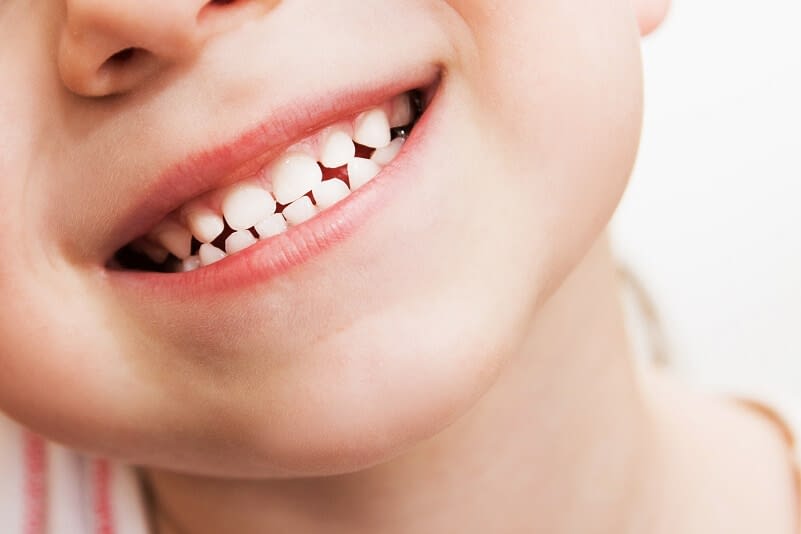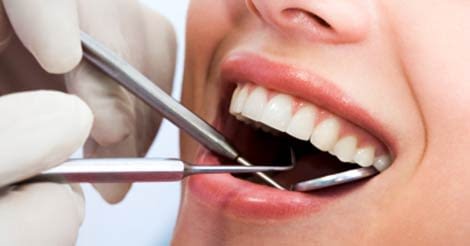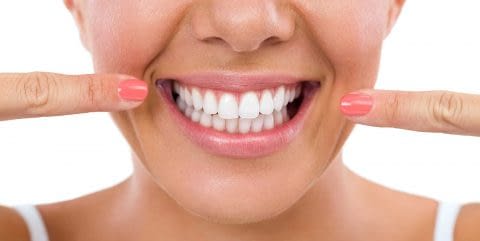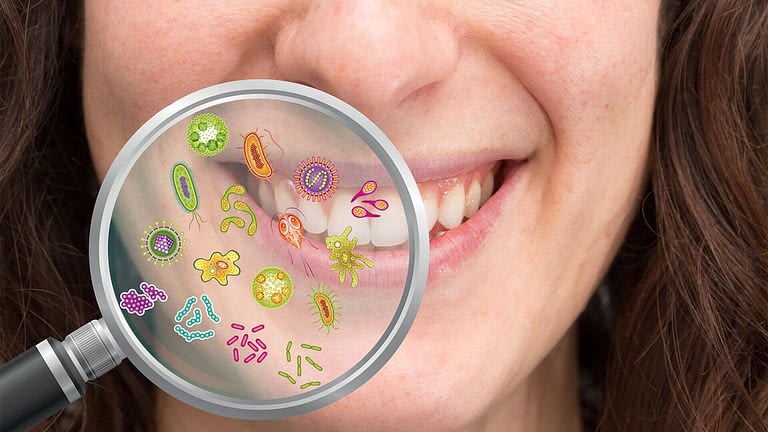5 Ways to Protect Baby Teeth
1- Brushing and Flossing are Both Essential
Do you and your child become irritated when it’s time to brush their teeth? Is it turning towards tantrum time, and you’re thinking it’s all too much? Those baby teeth can’t possibly be that vital, can they? I’m sorry, but you’re mistaken. Your child’s oral hygiene practices will follow them for the rest of their lives, and the examples you set for them will influence them until they are old and grey.
We understand that brushing time may be a chore. So, why not put on their favorite music and encourage them to brush for the entire time while listening to the song? This makes the process more enjoyable. Brushing in circular motions for two minutes each morning and night. Moreover, flossing to ensure that no nasties get lodged, is the ideal routine for your children. You’ll be near to the two-minute mark if you can get them to brush for *most* of their favorite song! You could even make up a dance to go along with it.
Patience is required. Around the age of two or three, children can begin cleaning their baby teeth with the assistance of an adult. However, kids may not be ready to go it alone until they are approximately 6 years old. Children’s flossing abilities may not be perfected until they are around the age of ten. Don’t leave it till the last minute. Brushing, flossing, and rinsing may be difficult to do if your youngster is fatigued. So get started before it’s too late.
It’s critical that you keep an eye on this period and educate your child on basic cleaning procedures. Many children may skip brushing or, at the absolute least, miss half of their mouth if they are not supervised. If you’re not sure if you’re doing it correctly, you can get your kids’ teeth checked at Smile Team Turkey.
2- Keep a Healthy Diet for Your Children
For some reason, a healthy diet is sometimes disregarded when it comes to dental health, despite the fact that it plays a critical role. We understand it’s difficult. However, we recommend avoiding meals with added sugars and limiting items with naturally occurring sugars, such as juice and dried fruits. Sugars, however, combine with bacteria in the mouth to produce acids, which erode at enamel and tooth structure. Cavities and degradation develop as a result of this. We understand how difficult it is to refuse a crying toddler’s request for sweets. Nevertheless, simply lowering their sugar consumption can have a significant impact.
What should they eat, then? To offer your kid the best chance at strong, healthy baby teeth, we recommend a balanced diet that includes a variety of fresh food. Crunchy fruits and vegetables help keep teeth clean between brushings, while dairy helps to strengthen and maintain their baby teeth.
Medications for children can be flavored and sweetened. Cavities are more likely if they cling to the teeth. Children who use drugs for chronic diseases like asthma or heart issues have a greater likelihood of tooth decay. Antibiotics and several asthma drugs can induce candida (yeast) overgrowth, which can lead to oral thrush, a fungal illness. Creamy, curd-like areas on the tongue or within the mouth are symptoms. If your kid is on long-term medication, talk to your dentist about how often they should brush. It might happen up to four times every day.
3- Teaching Good Dental Care Habits
Brushing is necessary from the start. Brush your baby’s gums carefully before he gets baby teeth. Clean them with a gentle washcloth or a baby toothbrush dipped in water. Brush your baby’s teeth twice a day using an infant toothbrush and fluoridated toothpaste after they appear.
When two baby teeth come into contact with each other, begin flossing. Inquire with your dentist about procedures and timetables. Just before sleep, brush and floss your teeth. After that, save for water, give your children no food or drink until the next morning. Your dentist may advise you on when your child should begin using mouthwash. You’ll have to wait till he figures out how to spit it out on his own.
4- Choose Their Toothbrush Carefully
It’s critical to select the appropriate toothbrush for your youngster. Toothbrushes that are overly harsh or too large might harm your child’s sensitive gums and fragile enamel. We recommend using one of the soft bristles, small-headed kid toothbrushes available from most toothbrush manufacturers, and following the age guidelines on the packaging. They’re frequently brightly colored and contain cartoon characters, which adds to the enjoyment of brushing baby teeth. Speak to us at your next check-up if you’re unsure or having problems selecting the correct toothbrush. To reduce unwanted germs in the mouth, we also recommend replacing toothbrushes every three months or when your child has been ill.
5- Schedule Regular Checkups
An oral health provider may be able to provide your child with complimentary checkups. It’s critical to register your child as soon as possible so that you may schedule the initial check-up. Regular dental examinations for baby teeth are important. Moreover, for your child boost the likelihood of detecting and treating tooth decay early.
Full smile makeover, teeth implants turkey, or crowns turkey with budget-friendly prices at Smile Team Turkey might also interest you!
You can read our previous article from https://dentalguideturkey.com/does-dental-implant-affect-speech-positively/







